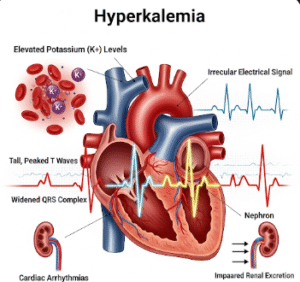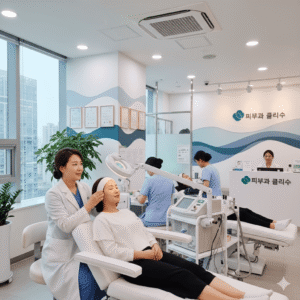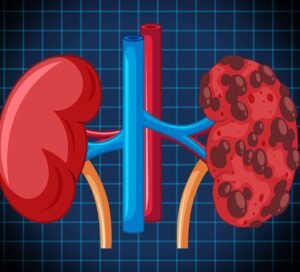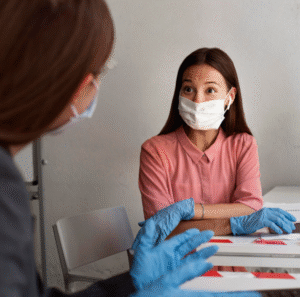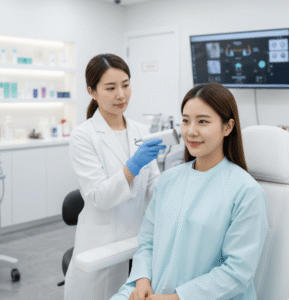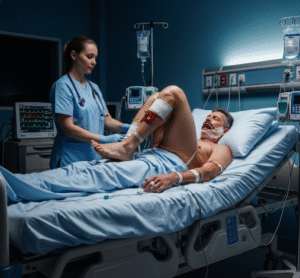Overview
Japanese Encephalitis (JE) is a mosquito-borne viral infection that affects the central nervous system, causing inflammation of the brain. In South Korea, JE is primarily seen in rural areas during summer and early autumn, when mosquito activity peaks. The country has a national vaccination program that significantly reduces the risk of severe disease, and advanced hospitals provide specialized care for affected patients.
What is Japanese Encephalitis?
Japanese Encephalitis is caused by the Japanese Encephalitis Virus (JEV), a flavivirus transmitted by Culex mosquitoes, with pigs and birds serving as amplifying hosts. While most infections are asymptomatic or mild, severe cases can lead to neurological complications, including seizures, paralysis, and long-term cognitive impairment. JE is considered preventable through vaccination and mosquito control measures.
Symptoms
- High fever and headache
- Nausea and vomiting
- Stiff neck
- Seizures, especially in children
- Muscle weakness or paralysis
- Confusion, drowsiness, or altered consciousness
- Sensitivity to light (photophobia)
Causes
- Bite from an infected Culex mosquito
- Presence of amplifying hosts like pigs and wading birds
- Travel or residence in rural, endemic regions during peak mosquito season
- Lack of vaccination
Risk Factors
- Children and elderly individuals
- Living in or traveling to rural or agricultural areas
- Outdoor activities during evening or night when mosquitoes are active
- Unvaccinated individuals
- Immunocompromised or chronically ill patients
Complications
- Severe neurological damage including seizures, paralysis, or coma
- Long-term cognitive or motor impairments
- Death in severe cases (rare in Korea due to prompt medical care)
- Secondary infections due to hospitalization or weakened immunity
Prevention
- Vaccination: South Korea provides JE vaccination for children and high-risk travelers
- Mosquito control: Reducing standing water and using insecticides in endemic areas
- Personal protection: Wearing protective clothing, using mosquito repellents, and mosquito nets
- Avoid outdoor activities during peak mosquito hours
Treatment Options in Korea
There is no specific antiviral treatment for JE, so management focuses on supportive care:
- Diagnosis:
- Blood tests and cerebrospinal fluid (CSF) analysis
- PCR testing and serology to detect JEV antibodies
- Neuroimaging (MRI or CT) to assess brain involvement
- Medical Management:
- Hospitalization for severe cases
- Management of fever, seizures, and neurological symptoms
- Intravenous fluids and respiratory support if necessary
- Intensive care for critically ill patients
- Vaccination Programs:
- Routine childhood vaccination under the national immunization schedule
- Travel vaccination for at-risk individuals
- Follow-up monitoring for immunity in high-risk populations
- Specialized Care in Korean Hospitals:
- Seoul National University Hospital, Asan Medical Center, and Samsung Medical Center provide advanced supportive care and neurological monitoring
- Pediatric and adult neurology teams manage complications and rehabilitation
- Follow-Up Care:
- Monitoring for neurological sequelae
- Physical and occupational therapy for patients with motor or cognitive impairments
- Education on mosquito avoidance and future vaccination




